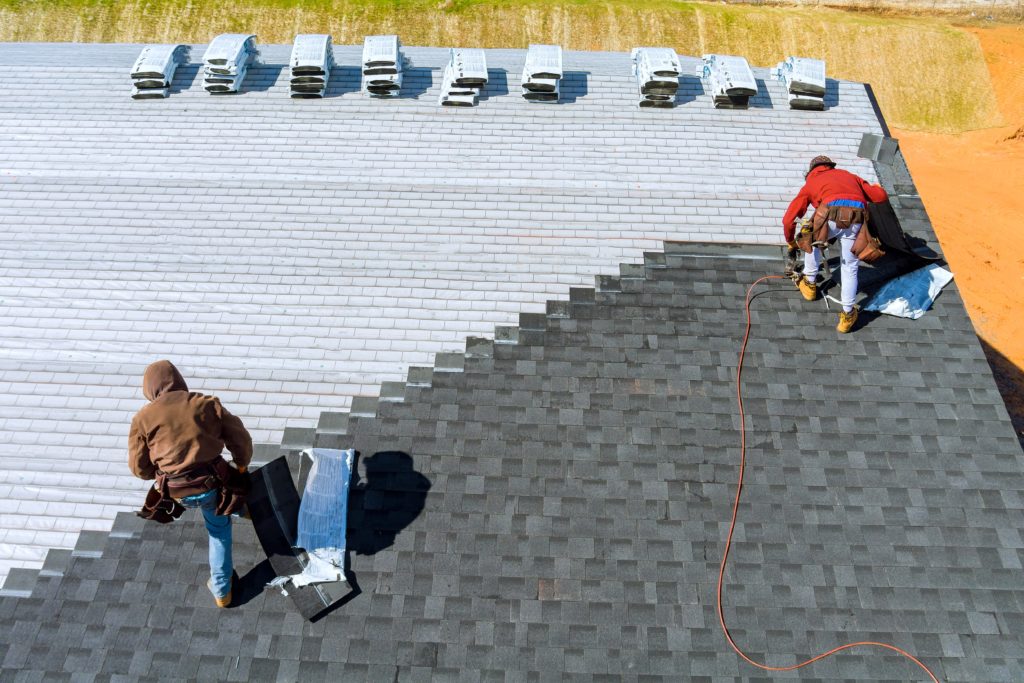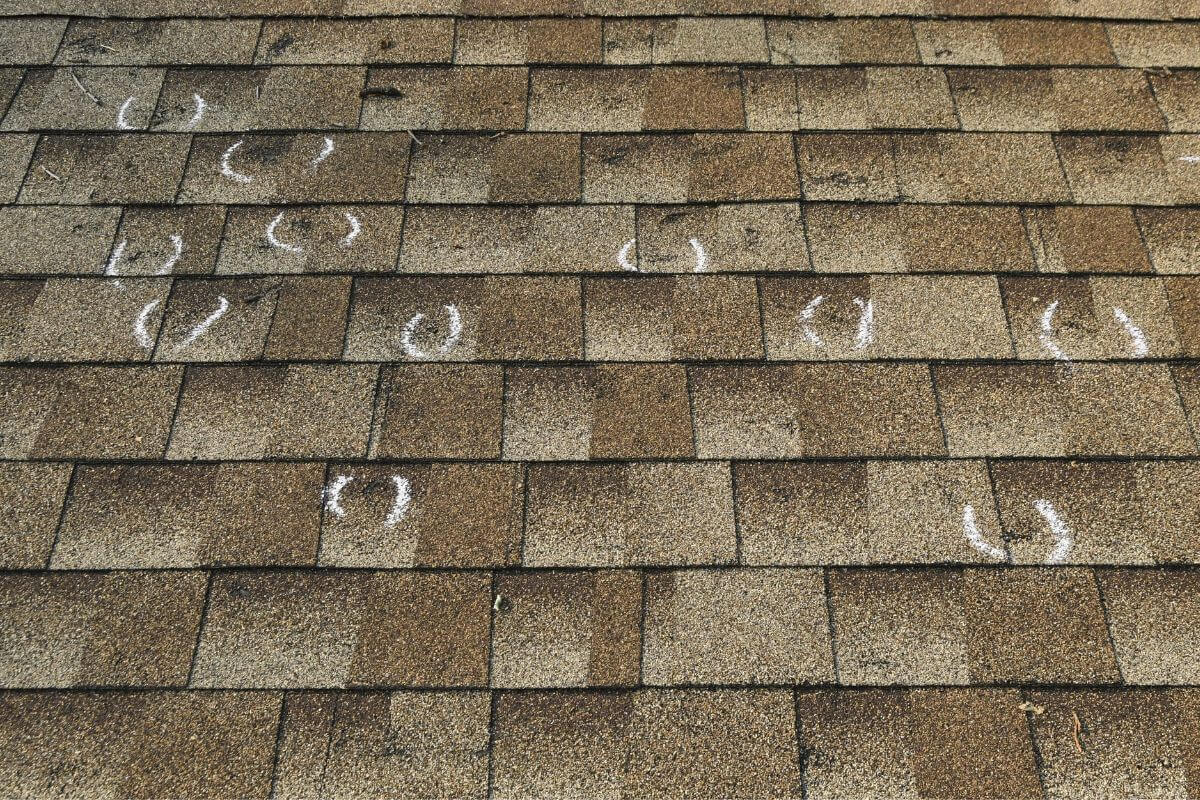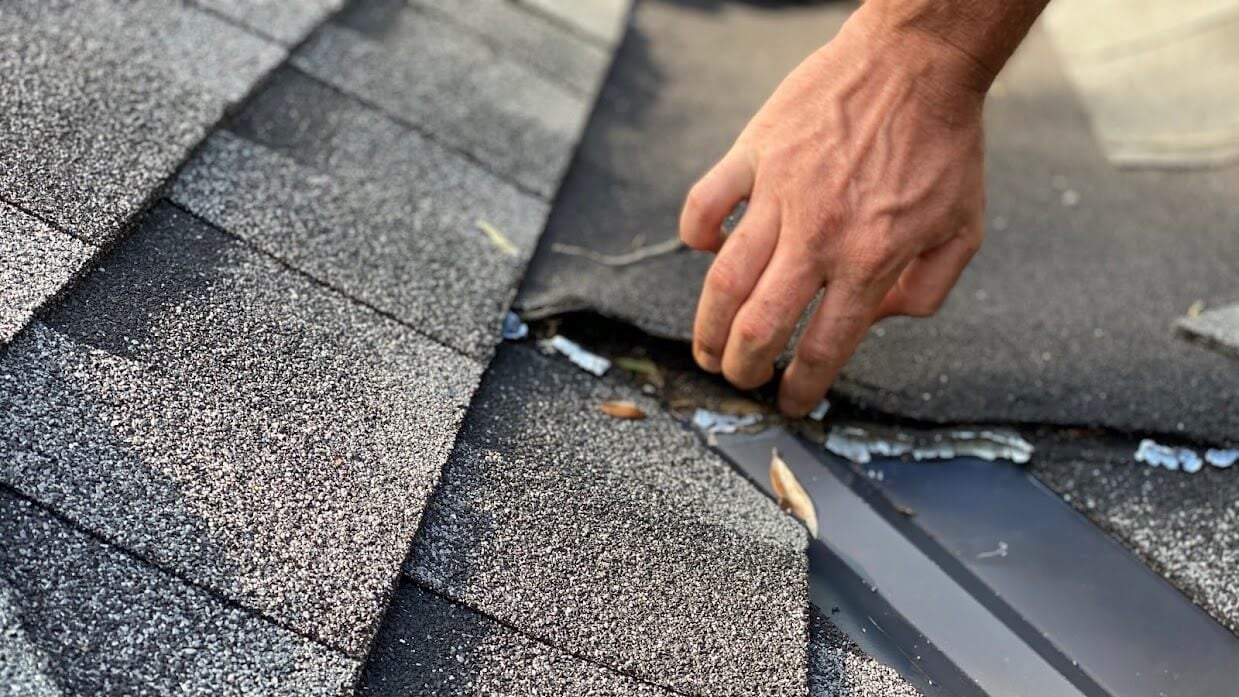Can a general contractor do roofing? Yes, general contractors can handle roofing projects, but there are important factors to know. This article will explain their capabilities, compare them with roofing specialists, and help you decide the best choice for your roofing needs.
Key Takeaways
- General contractors can manage roofing projects but often lack the specialized skills and knowledge required for high-quality roofing work.
- Licensing requirements for roofing contractors vary by state and typically include completion of education hours, passing exams, and obtaining insurance, ensuring skilled professionals are in the field.
- Hiring a professional roofing contractor is advisable due to their expertise in materials, safety protocols, and provision of warranties, making them more suitable for roofing-specific projects than general contractors.
Understanding General Contractors’ Roles
General contractors are vital in the construction industry, overseeing projects from start to finish. They develop detailed project plans, manage timelines and budgets, and ensure that materials and equipment are procured and delivered on time.
They also ensure compliance with local laws and building codes by securing necessary permits and oversee on-site health and safety measures, training workers, and ensuring correct equipment operation to prevent accidents.
General contractors excel in managing large projects and coordinating multiple trades, making them indispensable in the construction industry as a reputable general contractor.
Roofing Work: Specialized Skills Required
Roofing demands specialized skills and knowledge to meet industry standards and ensure safety. Roofers need physical strength and endurance to handle heavy materials and work in various weather conditions. Precision and good hand-eye coordination are vital for successful installations in any roofing job, including various roofing jobs.
These skills ensure quality work and uphold safety standards. Unlike general contractors, roofing professionals specialize in roofing tasks, gaining deep knowledge of materials and techniques needed for installation and repair.

Can General Contractors Handle Roofing Projects?
In Florida, general contractors can manage roofing projects if licensed, but they often lack the specialized skills for high-quality work. They need a valid contractor license and specific roofing certifications to perform roofing tasks, yet their expertise may not match that of certified roofing contractors.
Although experienced in construction, general contractors may lack the specific roofing expertise needed for high-quality projects. This gap could cause quality issues, as roofing requires detailed knowledge and experience with various materials and techniques.
Licensing Requirements for Roofing Work
Licensing ensures compliance, safety, and quality for roofing contractors. For instance, Alaska classifies them as specialty contractors needing a state license. In Louisiana, a state license is required for any building work over $75,000.
States have specific licensing requirements for roofing contractors. Florida offers certified and registered contractor licenses, while Nevada requires a C-15a Roofing Contractor License to operate legally.
These licensing requirements ensure that roofing contractors have the necessary skills and knowledge to perform high-quality roofing work and obtain a roofing license.
Experience and Education
In Michigan, aspiring roofing contractors must complete 60 hours of education before the licensing exam, covering materials and safety protocols. Rhode Island requires passing an exam and completing continuing education hours to maintain a license.
Other states also have stringent requirements. California requires journeyman, foreman, supervisor, or contractor experience for a license, while Hawaii mandates four years of supervisory work experience before taking the roofing exam.
These stringent requirements ensure that roofing contractors are skilled professionals with extensive experience and specialized knowledge.
Exams and Certifications
To become licensed, roofing contractors must pass comprehensive exams. In Illinois, they must pass an exam specific to their licensing type, whether residential or commercial. In Mississippi, both a trade exam and a business law exam are required.
Louisiana requires roofing contractors to pass a trade exam and a business and law exam, ensuring they meet industry standards and understand both technical and legal aspects of roofing. Passing these exams demonstrates their expertise and professionalism.
Insurance and Bonds
Insurance and bonds protect homeowners and ensure legal compliance for roofing contractors. In Arizona, they must provide a surety bond and workers’ compensation insurance to obtain a license, safeguarding homeowners from financial losses and ensuring adherence to safety standards.
Tennessee mandates that roofing contractors carry both general liability and workers’ compensation insurance, protecting against property damage and injuries during roofing work. These requirements ensure contractors are financially responsible and committed to high safety and quality standards.

Comparing General Contractors and Roofing Contractors
General contractors and roofing contractors have distinct roles and expertise. General contractors may oversee roofing projects but often lack specialized knowledge in roofing techniques and materials. This can lead to higher costs due to their management fees, whereas roofing contractors typically offer more competitive rates.
Roofing contractors possess technical knowledge of roofing materials and systems, including their benefits and risks. Their strong communication skills enable effective interaction with clients and professionals, making them more suitable for roofing projects.
Expertise in Roofing Materials
Roofing contractors have in-depth knowledge of different roofing materials for various applications. Some roofing contractors specialize in specific materials, enhancing their skills in that area. This expertise enables them to efficiently identify and resolve issues, preventing minor problems from escalating.
Their specialized knowledge allows roofing professionals to complete projects faster, letting homeowners focus on other priorities. They also have the necessary tools, eliminating the need for homeowners to buy expensive equipment.
Safety Protocols and Equipment
Expert roofers understand safety protocols and regulations, implementing measures like fall protection systems to prevent accidents. They use specialized equipment and training to mitigate risks, ensuring safe and efficient work.
Professional roofing contractors strictly follow safety guidelines, ensuring the safety of both workers and homeowners. This commitment distinguishes them from general contractors who may lack specialized safety training.
Warranties and Insurance Coverage
Professional roofing contractors provide insurance coverage to protect their work and the homeowner’s property, typically including general liability and workers’ compensation. Hiring skilled roofers helps maintain manufacturer warranties on materials, which improper repairs can void.
Engaging a qualified roofer ensures work meets standards and includes warranties for added security, providing peace of mind and a significant advantage over hiring general contractors.
Benefits of Hiring a Professional Roofing Contractor
For roofing-specific projects, hiring a roofing contractor is advisable due to their expertise. They stay updated with industry advancements, ensuring quality workmanship and adherence to standards, making them more suitable than general contractors.
Hiring a professional roofing contractor offers cost savings, insurance coverage, and peace of mind. Licensed contractors typically provide warranties against workmanship defects, ensuring quality work and making them a wise investment.
How Rhino Roofing Excels in Roofing Services
Rhino Roofing specializes in storm damage repair, offering tailored restoration services for residential roofing services and a roofing business for commercial properties. They provide comprehensive roofing and exterior restoration, addressing all roofing needs and handling most storm damage and related issues, giving homeowners peace of mind.
Potential customers can start a roofing project with a free 37-point inspection from Rhino Roofing. Experts evaluate roof damages and provide visual reports, ensuring all project aspects are addressed and offering tailored solutions to meet specific needs.
Steps to Get Started with Rhino Roofing
To start with Rhino Roofing, schedule a free assessment. This consultation helps homeowners understand their project scope and get expert advice on materials and solutions. Rhino Roofing also offers flexible financing options, including quick proposals and predictable monthly payments.
This customer-centric approach makes roofing projects accessible and affordable, establishing Rhino Roofing as a trusted partner. Clear communication and comprehensive service ensure a smooth, stress-free experience for homeowners.
Summary
In conclusion, while general contractors play a vital role in managing construction projects, roofing requires specialized skills and knowledge that only professional roofing contractors possess. Licensing requirements, insurance coverage, and warranties further emphasize the importance of hiring a certified roofing contractor for any roofing project.
Rhino Roofing excels in providing high-quality roofing services, from storm damage repair to comprehensive roofing solutions. By choosing a professional roofing contractor like Rhino Roofing, homeowners can ensure that their roofing needs are met with expertise, quality, and peace of mind.

Frequently Asked Questions
Can general contractors handle roofing projects?
General contractors can handle roofing projects, but they may not possess the specialized skills needed for optimal results. It is advisable to hire a roofing expert for quality assurance.
What are the licensing requirements for roofing contractors?
Licensing requirements for roofing contractors typically include passing trade and business law exams, obtaining insurance, and fulfilling specific experience and education prerequisites, though these can vary by state. It is crucial to verify the local regulations to ensure compliance.
What are the benefits of hiring a professional roofing contractor?
Hiring a professional roofing contractor guarantees expertise and quality workmanship, ultimately leading to cost savings and peace of mind due to their insurance coverage. Engaging a professional helps ensure that your roofing project is completed effectively and safely.
How does Rhino Roofing ensure quality in their services?
Rhino Roofing ensures quality in their services by providing a lifetime installation guarantee and specialized storm damage repair, along with tailored roofing solutions that address individual customer requirements.
What is the first step to get started with Rhino Roofing?
The first step to get started with Rhino Roofing is to schedule a free assessment, which will provide insight into the project’s scope and expert recommendations for the best solutions.





